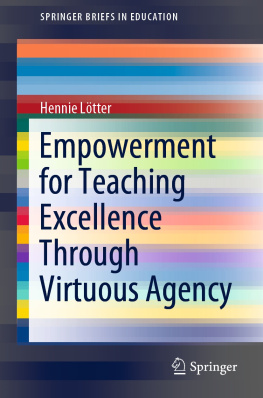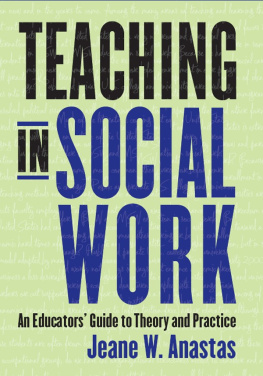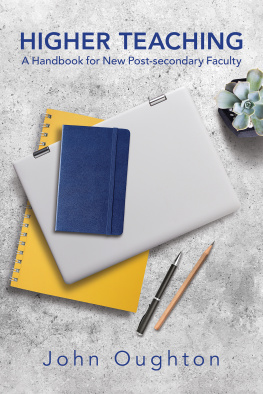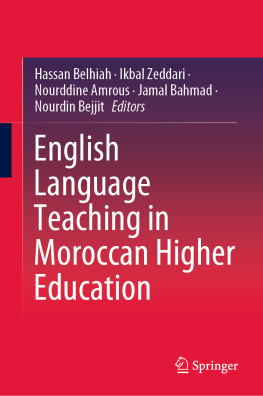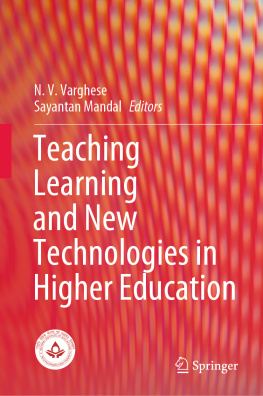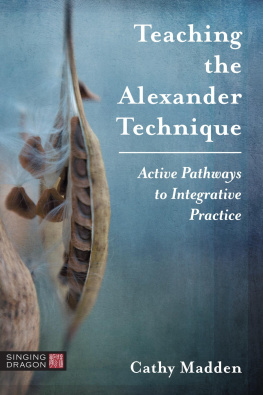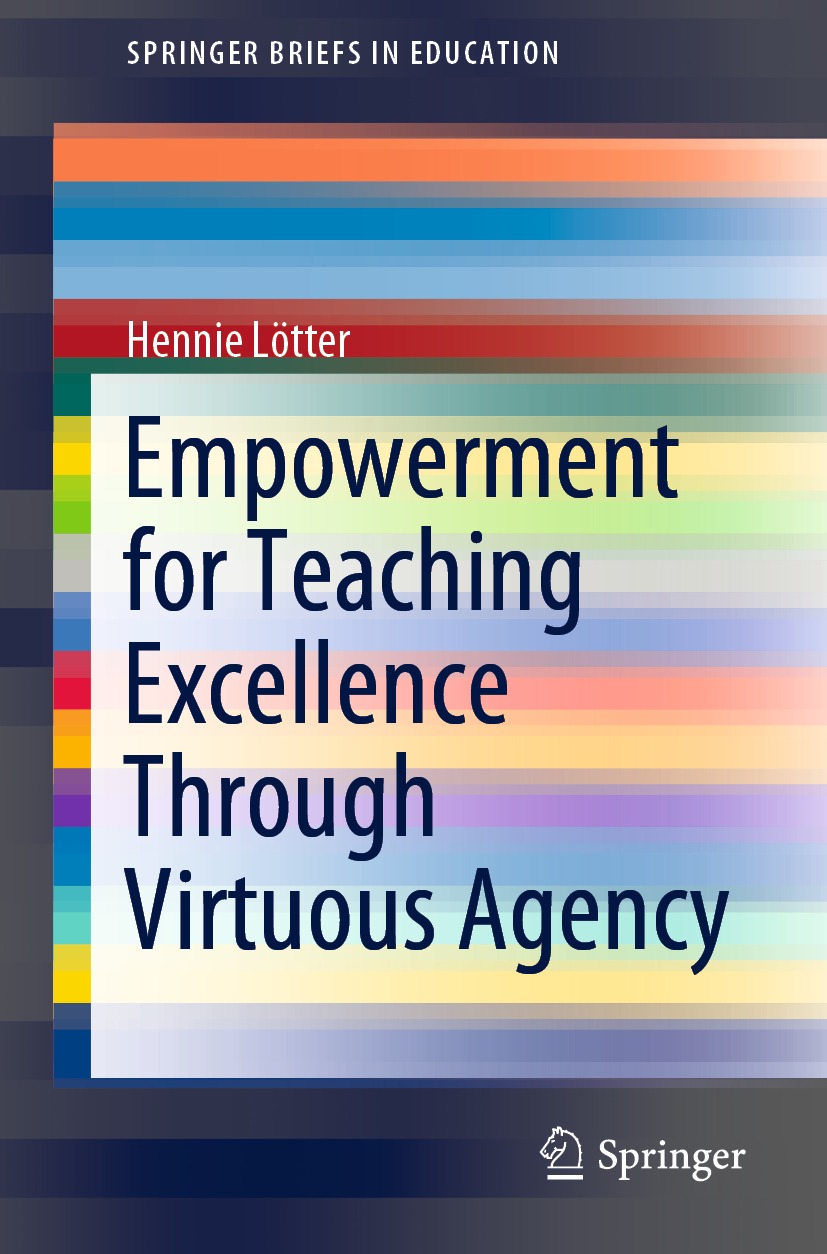Hennie Lötter - Empowerment for Teaching Excellence Through Virtuous Agency
Here you can read online Hennie Lötter - Empowerment for Teaching Excellence Through Virtuous Agency full text of the book (entire story) in english for free. Download pdf and epub, get meaning, cover and reviews about this ebook. year: 2021, publisher: Springer, genre: Religion. Description of the work, (preface) as well as reviews are available. Best literature library LitArk.com created for fans of good reading and offers a wide selection of genres:
Romance novel
Science fiction
Adventure
Detective
Science
History
Home and family
Prose
Art
Politics
Computer
Non-fiction
Religion
Business
Children
Humor
Choose a favorite category and find really read worthwhile books. Enjoy immersion in the world of imagination, feel the emotions of the characters or learn something new for yourself, make an fascinating discovery.
- Book:Empowerment for Teaching Excellence Through Virtuous Agency
- Author:
- Publisher:Springer
- Genre:
- Year:2021
- Rating:4 / 5
- Favourites:Add to favourites
- Your mark:
Empowerment for Teaching Excellence Through Virtuous Agency: summary, description and annotation
We offer to read an annotation, description, summary or preface (depends on what the author of the book "Empowerment for Teaching Excellence Through Virtuous Agency" wrote himself). If you haven't found the necessary information about the book — write in the comments, we will try to find it.
This books offers new ways to think about teaching excellence in higher education and presents a definition of the concept of teaching excellence. It offers a fresh interpretation of Boyers famous account of scholarship as the foundation of university teaching. To fully understand the nature of teaching excellence in higher education, the book gives an account of the various dimensions of the domain of university teaching and the core drivers required to bring those domains to life. The idea of empowerment underlies the journey to excellence in teaching. The book argues that university lecturers aspiring to become excellent should be active agents, strongly pursuing the development of their perfectible abilities required for high quality teaching.
The work draws on recent developments in virtue theory to set out the qualities of character requisite for guiding and driving university lecturers to grow and develop into excellent teachers.Hennie Lötter: author's other books
Who wrote Empowerment for Teaching Excellence Through Virtuous Agency? Find out the surname, the name of the author of the book and a list of all author's works by series.

